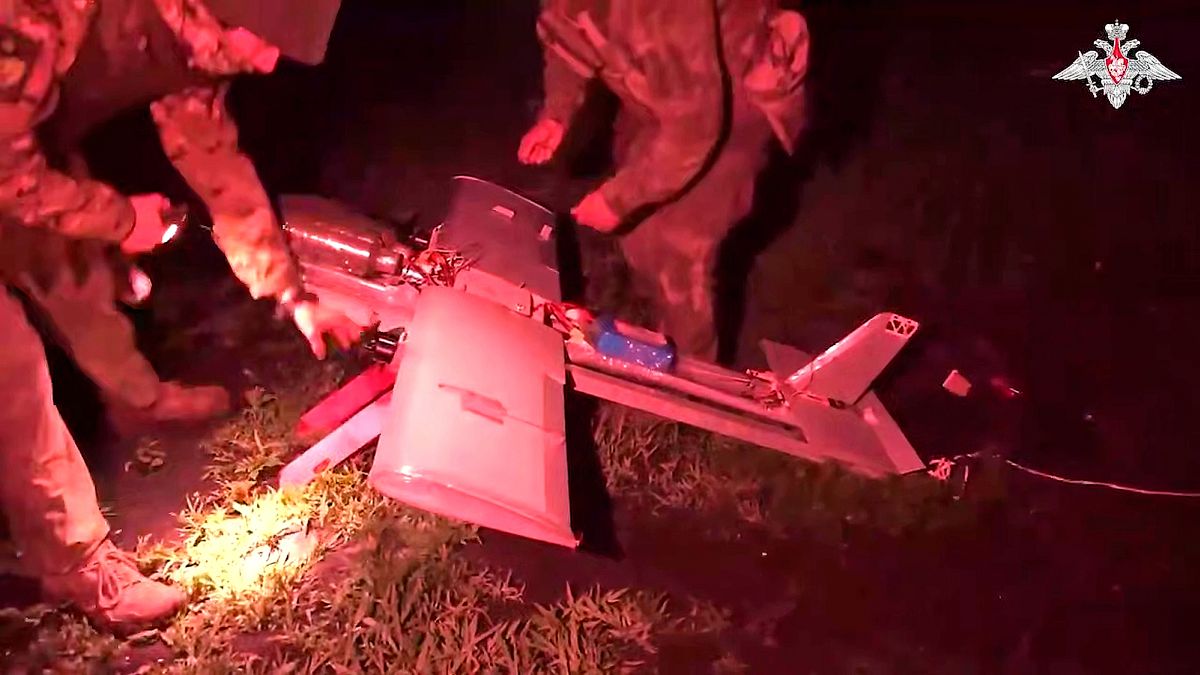

In a world fraught with escalating tensions and unfolding conflicts, recent developments across various regions highlight the complex and interconnected nature of international relations today. A mindful look reveals incidents in Europe, the Middle East, and political maneuvers from global powers that contribute to the dynamic geopolitical landscape.
In Europe, a Ukrainian drone strike has reportedly hit an oil depot in Sochi, Russia, triggering a significant fire. This comes amid a period marked by reciprocal attacks between Ukraine and Russia, including earlier drone attacks by Russia on Ukrainian soil that resulted in casualties in Kherson and Kyiv. The incident underscores the ongoing volatility and the costly human toll of this conflict, which continues to affect numerous civilians on both sides.
Simultaneously, Ukraine has claimed responsibility for attacks on a Russian drone storage airbase and a military plant in the Samara Oblast region. Vyacheslav Fedorishchev, Governor of the Samara Oblast, confirmed a strike on an industrial facility in Novokuibyshevsk, indicating active engagement by Ukrainian forces in targeting strategic assets. These developments suggest an intensifying phase in the conflict where both sides are seeking to disrupt each other’s military capabilities.
Meanwhile, in the Middle East, the humanitarian situation in the Gaza Strip remains dire. Recent reports detailed the tragic death of at least 18 individuals, including those seeking food, as a result of Israeli gunfire. This incident highlights the precarious balance between urgent humanitarian needs and the ongoing conflict in the region. Efforts to provide humanitarian aid continue with planes dropping much-needed supplies, though access complications persist due to ongoing hostilities.
In a related development, tensions in Israel are further fueled by a visit to the al-Aqsa mosque by far-right Israeli minister Itamar Ben-Gvir. This action, seen by many as a breach of longstanding status quo agreements with Muslim authorities, has sparked outrage and drawn attention to the sensitive nature of religious sites within the broader context of the Israeli-Palestinian conflict. Military operations by the Israel Defense Forces in southern Syria also underscore the expanding geographical scope of security operations in the region, attributed to intelligence and surveillance activities.
Adding another layer to the global tension, former U.S. President Donald Trump announced the strategic relocation of two nuclear submarines near Russia. This move, described as a response to warnings from Dmitry Medvedev, former Russian President, illustrates the strategic military posturing that characterizes contemporary geopolitics. Such maneuvers reflect broader concerns about security and power dynamics among leading global powers.
These unfolding scenarios present a sobering reminder of the fragility of peace and the far-reaching repercussions of geopolitical strife. As these situations evolve, the global community continues to watch with hope for peaceful resolutions and sustained efforts toward constructive dialogue and humanitarian relief.
Source: {link}
